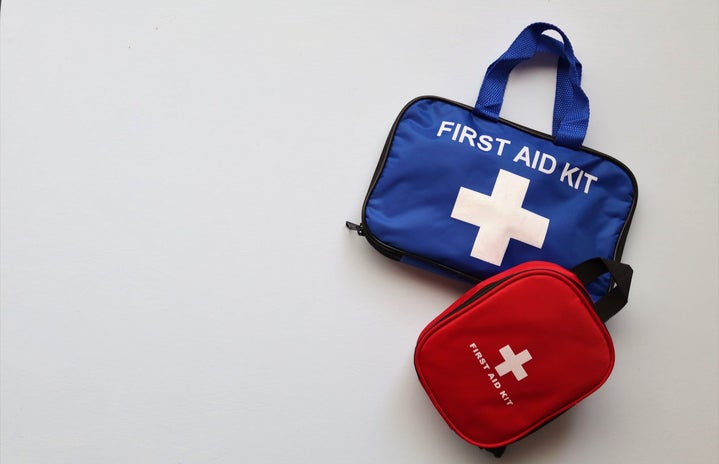-
Three years ago, I found myself in a very scary and traumatic first aid situation. One thing I have come to know very deeply in the time since is that first aid training is life-saving, essential, and non-negotiable. We can never predict when it will be needed, but it is a set of essential skills to know and ones that everyone should make an effort to learn.
- The benefits will always outweigh the costs
-
It is no lie that first aid courses can be expensive and time-consuming. Though it is unfortunate that this essential training comes at such a high cost, it is not for nothing. Most would agree that preserving someone’s life is worth much more than the cost of a first aid certification course.
Pro tip: Your employer, school, or volunteer organization may pay and/or organize for you to complete a Standard First Aid course! It doesn’t hurt to look into it or ask.
- Better to be safe than Sorry
-
Murphy’s Law state’s that anything that can go wrong will go wrong. You may never be in a situation where you will need to use the skills learned in your first aid course (in fact, that is our hope for you), but 100% of the time, it is better to know what to do when something goes wrong and never have the opportunity to put that theory into practice than to find yourself in a scary situation and not know how to handle it.
- Your fears are valid but think of the bigger picture
-
The reality is, in a majority of situations, there will always be someone more qualified than you. They will be able to either take over (for example, a medically-trained bystander) or walk you through the process (for example, a 911 operator). You need not let fear be your reason to abstain from life-saving first aid training.
In all of my previous first aid training experience, the phrase “life over limb” was commonly used, meaning that the fear of doing something wrong should not shadow your opportunity to help. This is especially important in cardiac arrest situations: yes, you might crack the person’s ribs as a result of performing CPR, but without it, they will certainly die.
-
Having first aid training is an invaluable skill that can ultimately save lives. It may be scary to picture yourself in the position of having to use these skills, but being properly trained will also undoubtedly improve your confidence in the case that you may need to. Even if you are not able to take a formal first aid certification course, take some time to familiarize yourself with some lifesaving techniques such as CPR, choking management, first aid for cuts and burns, and how to recognize signs of stroke, heart attack, and other health emergencies.
Here are some Canadian organizations that offer first aid courses and credible information:
This article is written by a student writer from the Her Campus at U Ottawa chapter.




